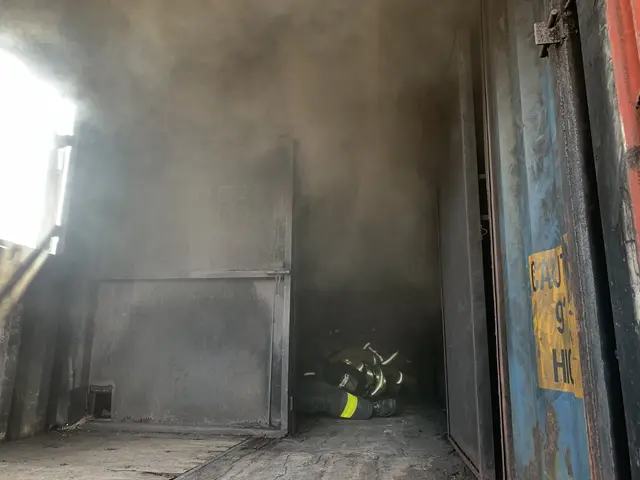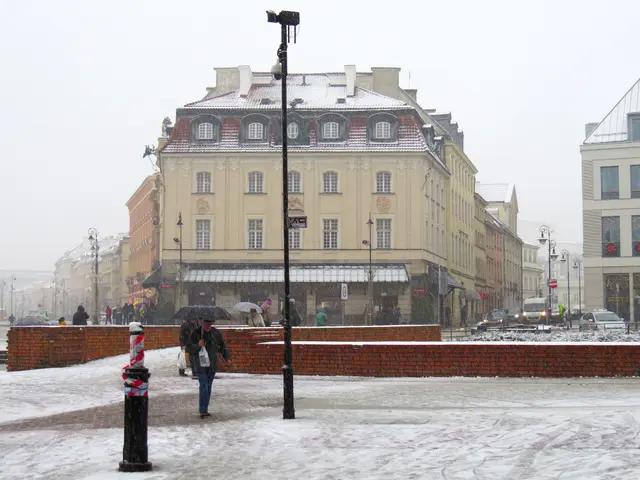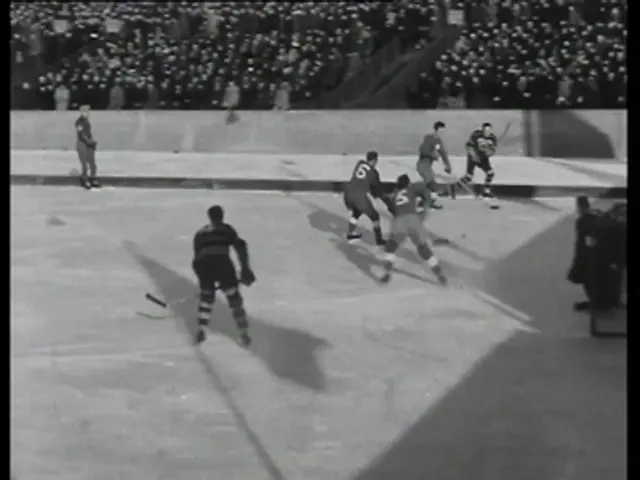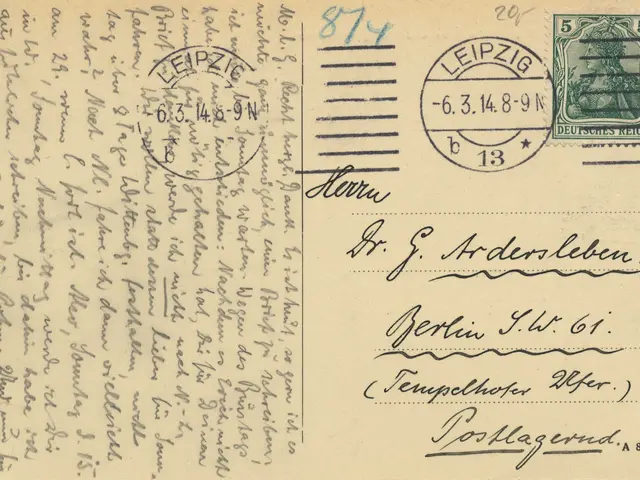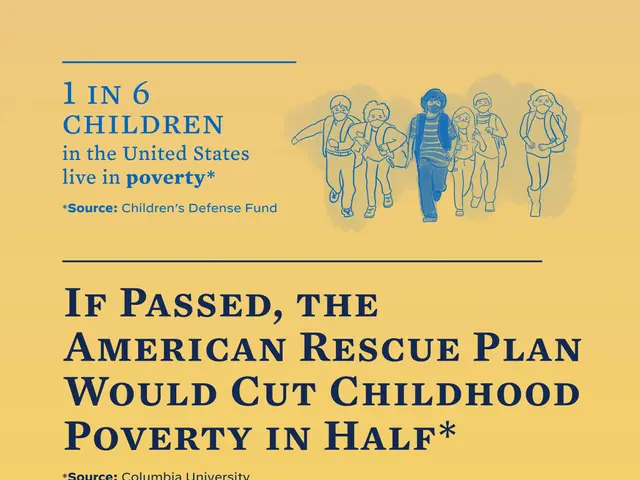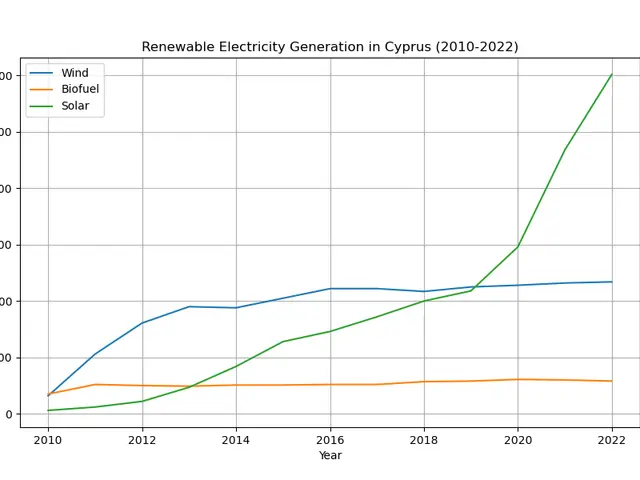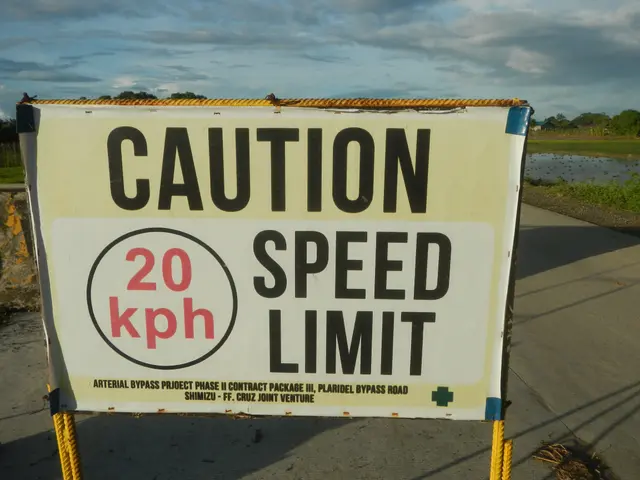Russia expresses hesitation towards reaching a ceasefire agreement with Ukraine in the near future, arguing the conflict's complexity makes it difficult. This stance may shatter President Trump's aspirations for a peaceful resolution.
The situation in Ukraine remains complicated, with Russia expressing support for a ceasefire but also stating that several questions need addressing before any agreement can be made. President Vladimir Putin has expressed willingness for direct talks with Ukraine, but Kyiv has yet to respond.
Donald Trump, meanwhile, has voiced displeasure with Russia's continued missile and drone attacks on Ukraine, but during an interview with ABC he spoke of a possibility that Putin might take control of the entire country if it weren't for his involvement. Trump didn't indicate whether Washington would halt military aid to Kyiv if peace negotiations faltered.
Russia's rigid ceasefire terms, as outlined by Foreign Minister Sergei Lavrov, include guarantees against Ukrainian militarization, recognition of Russian control over occupied territories, sanctions relief, and demilitarization demands. These terms have been met with skepticism by Ukrainian officials, who have accused Russia of escalating hostilities following Putin's announcement of a short-lived ceasefire for Victory Day celebrations.
Analysts suggest that Putin may wish to avoid air attacks surrounding Russia's Victory Day on May 9, as these could disrupt the nation's prestigious parade commemorating the 80th anniversary of the Soviet Union's victory over Nazi Germany in World War II. Despite these fragile negotiations, the death toll from Russian attacks on Ukraine continues to rise.
In addition to these problems, the Western world grapples with the potential implications of Russia's proposed ceasefire terms. If accepted, such a plan could signal a shift in the post-World War II order, making way for border changes through force. European leaders are concerned that abandoning peace talks could lead to a humanitarian crisis in Ukraine, forcing them to step in and support Kyiv's military efforts indefinitely.
If negotiations stall and hostilities resume, experts fear increased casualties,particularly without US air defenses and intelligence-sharing capabilities. However, this standoff has prompted European leaders to reassess their defense strategies, recognizing the need to address their own security concerns, regardless of the situation in the White House.
The spokeswoman for the Ukrainian government expressed concern about prolonging the war-and-conflicts in Ukraine, especially with the current uncertainty about a ceasefire between Kyiv and Russia. In light of the escalating news of Russian missile and drone attacks, President Trump voiced displeasure but didn't indicate if general-news events would affect military aid to Kyiv. Technological advancements such as air defenses and intelligence-sharing capabilities are considered vital in light of potential resumed hostilities. Meanwhile, the potential implications of Russia's proposed ceasefire terms, especially concerning border changes, are a topic of prolonged discussions in the world of politics.


![Suspect Identified in Series of Bank Robberies: Authorities have revealed the name of the individual under investigation for a chain of recent bank heists. The suspect, [Name of the person], is believed to have struck at least four financial institutions, making off with an estimated total of over half a million dollars. The public is advised to exercise caution and report any suspicious activity to the police. Kremlin spokesperson Dmitry Peskov communicated to journalists in Moscow that President Putin favors a ceasefire plan, subject to the resolution of certain intricacies.](https://asb-media.info/en/img/2025/04/30/1253179/jpeg/4-3/1200/75/image-description.webp)
